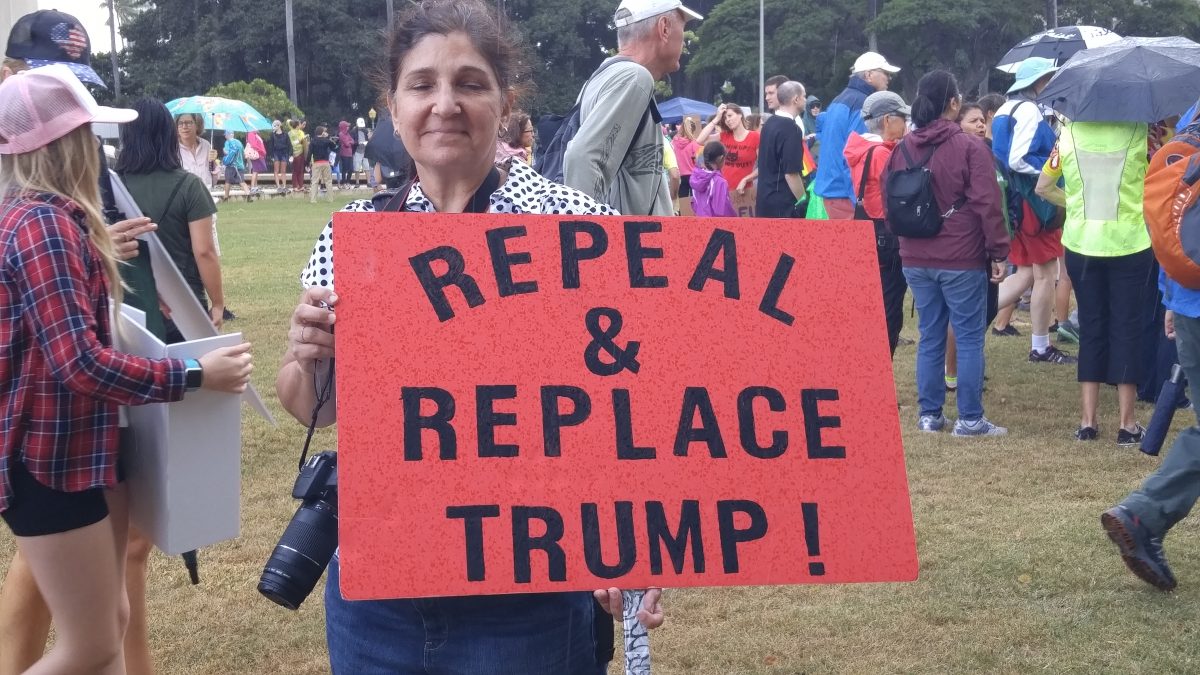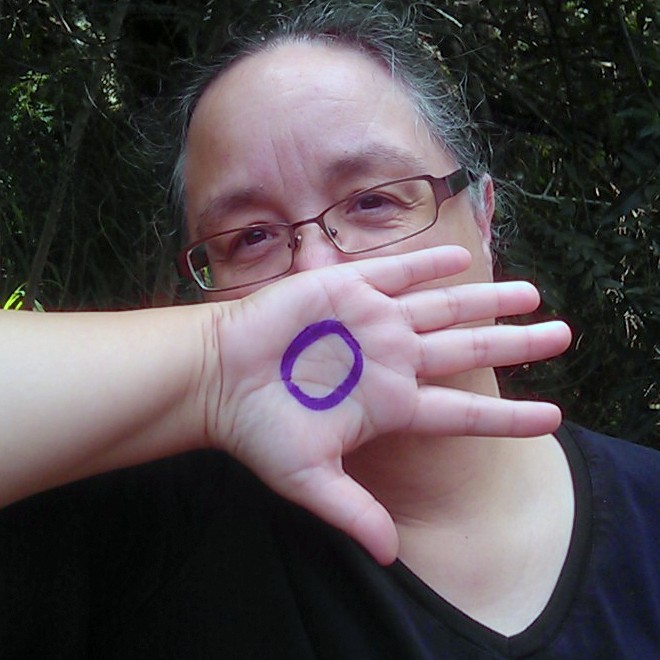Patient advocacy under Trump
It’s official. Donald J. Trump has taken the oath and become the 45th president of the United States. And, as promised, one of his first official acts was aimed at dismantling the Affordable Care Act (ACA), also known as Obamacare. Hours after the swearing-in President Trump signed his first executive orders, including one that “eases the burdens” of Obamacare. While it’s unclear exactly how this executive order will be implemented (as of this writing the only public copy I was able to find was a photo on Twitter) there are warnings that it is will severely damage or gut Obamacare.
Looking ahead to the next four years I expect patients and their advocates will be more politically active, defending their rights to access affordable healthcare. To be effective we have to get and stay engaged for the long haul. Healthcare policy is complex and it’s not going to be resolved with a single action or piece of legislation.
Where do we start? Here are my thoughts.
Start by taking a deep breath.
Advocating for patient rights and healthcare access is going to be a lot of work and it’s going to take time to get done. Your brain can use the shot of oxygen and your nerves can use the calming effect of a deep breath.
Choose one thing to focus on.
You can’t be everywhere all the time. If you try to follow every issue or answer every call to action you will exhaust yourself.
In choosing your focus make it something that’s important to you and that you have an emotional stake in. Remember, we need you to be in this for the long haul. That takes energy and passion.
Choosing a single issue to focus on doesn’t mean that you have to ignore all the related issues. It just means that you’re committed to working on that one issue. It’s your priority.
Build a deep understanding of your chosen issue.
Go deep. Learn about the issue you’ve chosen to focus on. Learn its history so that you know how we got to where we’re at. Read what the experts are saying the problem and solutions are so that you have an idea of where we should be heading. Think about your own experience of this issue. Talk with other people about their experiences.
Chances are you are going to be asked to speak up. Whether you’re writing a letter to your legislator, giving testimony, or speaking publicly you’ll want to be able to persuade your audience. You can’t be persuasive if you don’t know what you’re talking about.
Have faith that others are working on the issues that you are not.
We will be more effective as advocates if we split up the work, so to speak. No one person can know everything about a system as big and complex as healthcare. No one person can stay on top of every issue all the time.
Also, recognizing that others are working on the issues that aren’t your priority relieves that feeling of overwhelm that often comes with big projects.
Connect with others and support each others’ efforts.
Advocacy is the kind of work that requires a group effort. There is power in numbers that persuades policymakers to enact laws and regulations that support patient access and affordable healthcare.
Connect with a local branch of a national healthcare advocacy organization. Be active in social media groups like the #DOC (diabetes online community). Donate time, energy, and money, if/when you can afford it.
Knowing that you’re not alone can be energizing and keep burnout away.
Take another deep breath.
We’ve got a long road ahead of us.
+ + +



We do have a long way to go. I have decided to advocate for access to healthcare. The truth is, in the end, we all get very expensive care. The issue is who pays, when and how much. I believe those costs should be paid as we go along in the form of insurance made available at a reasonable cost.
Those who disagree with me repealed that plan, and seem to favor denial of care to keep people alive and then societal payment in the form of insurance none of us can afford.
My belief is that good care is cheaper than no care and late term intervention. Or maybe, we share the same aim, they just wanted credit for the idea and their name on the law. No matter I think I am right and history will continue to demonstrate that I am right. We will see.
You make very good points Rick about paying some as we go along or paying a whole lot more in the end.
Then there’s the indirect productivity cost to our economy and society of chronic illness.
According to the CDC, “As of 2012, about half of all adults—117 million people—had one or more chronic health conditions. One of four adults had two or more chronic health conditions.”* Can we simply write off half of our adult population? I don’t think so.
*https://www.cdc.gov/chronicdisease/overview/